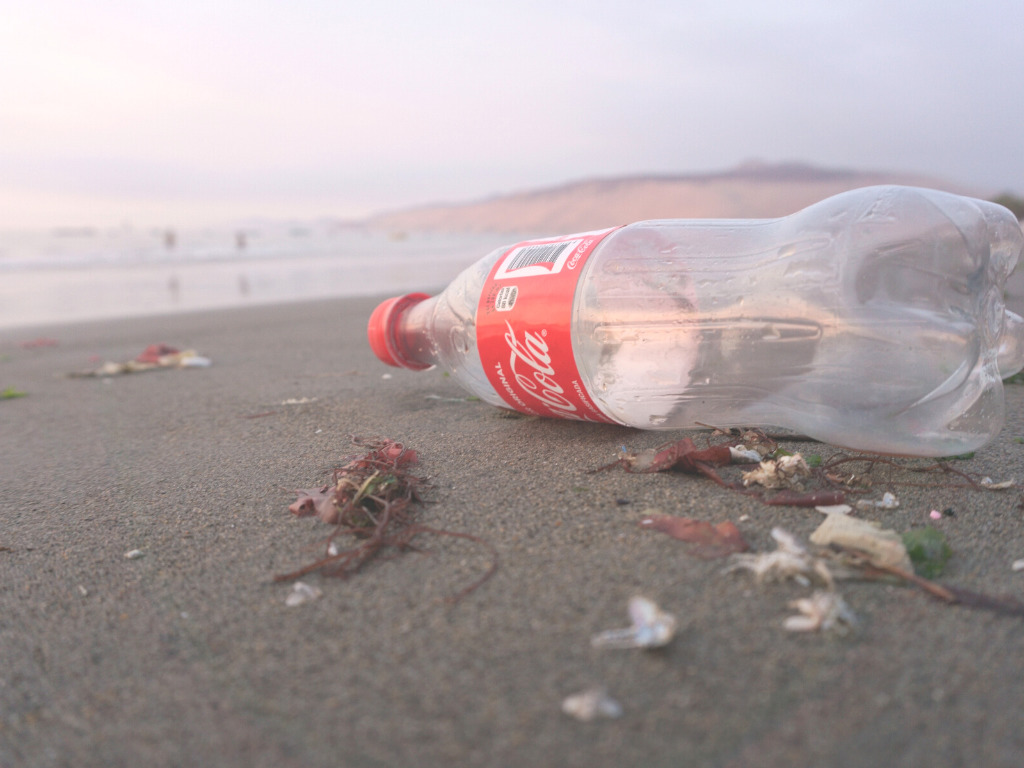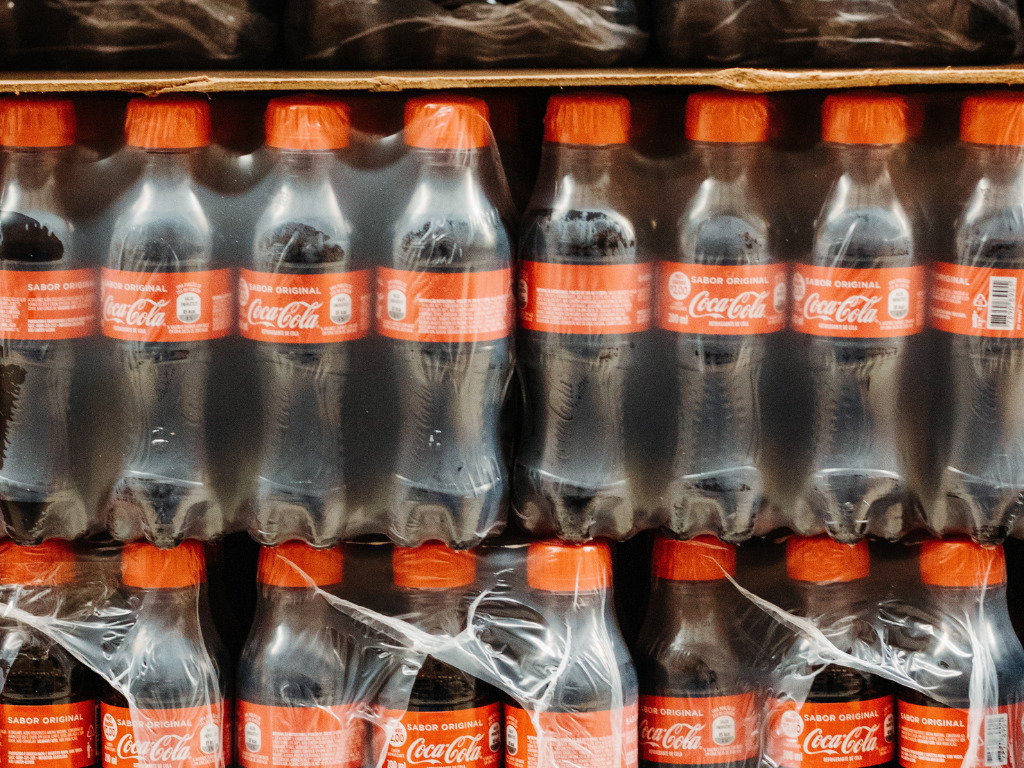Recycled Plastic Bottles Are Good for the Planet, Terrible for Human Health, Study Finds
3 Mins Read
Recycled plastic bottles are likely to contain chemicals more harmful than those made from virgin plastic, new research finds.
A study conducted by Brunel University London identified 150 chemicals in plastic bottles that leached into the bottles’ content. Eighteen of those chemicals exceeded safety regulations, the researchers say.
Specifically, bottles made using recycled PET plastic (Polyethylene Terephthalate), one of the most widely-used types of plastic in food packaging, especially single-use bottles, showed higher levels of the harmful chemicals.
PET health risks
In particular, the recycled bottles showed higher levels of the endocrine disruptor bisphenol A (BPA), which is linked to metabolic and reproductive disorders, cardiovascular problems, and cancer. It’s particularly problematic at low-level exposure, too.

The researchers looked at 91 studies on plastic bottles and their chemical loads. “This evidence implies that highly recyclable products, such as PET drink bottles, can be inapt for closed-loop recycling when poorly designed, indicating the need for greater adoption of design-for-recycling principles and improvements at the waste-management infrastructure level,” the researchers wrote. The findings were published in the Journal of Hazardous Materials.
“We found these chemicals can come from various sources, such as the catalysts and additives used during production and degradation during PET production, and degradation that can happen across a bottle’s lifecycle,” Dr. Eleni Iacovidou, a lecturer from Brunel’s centre for pollution research and policy, who led the study, said in a statement.
The researchers say the problem may lie in the recycling technology, with the processes to reuse plastic making it more toxic than new plastic.
The findings pose serious concerns for the E.U., particularly, as it recently mandated all PET plastic bottles contain at least 30 percent recycled materials by 2030.
Plastic recycling
According to the researchers, updating the recycling processes to reduce the risk of contamination is critical.
“Recycling processes already include the cleaning of the bottles before turning them into secondary raw material for use. By investing in new super-cleaning technologies, we can maximise the likelihood of decontaminating recycled PET to levels similar to virgin PET,” Iacovidou said.
“We all have a responsibility to bear. We need to start thinking about how to prevent the use of PET bottles in our households by investing, for example, in water filters, or large water containers and learning how to dispose of our plastic waste properly,” she said.

“If we reduce our consumption of PET then we will drive change further up the system. Less demand equals less production in the first place.”
The news comes after more than 150 nations agreed to an ‘historic’ plastic treaty earlier this month during the biennial U.N. Environment Assembly taking place in Nairobi.
“This is the most significant environmental multilateral deal since the Paris accord,” said Inger Andersen, executive director of UN Environment Program. “It is an insurance policy for this generation and future ones, so they may live with plastic and not be doomed by it.”
Approximately 11 million metric tons of plastic waste enter the oceans every year. Plastic production is responsible for at least five percent of all global greenhouse emissions. The U.S. is the world’s biggest plastic producer, producing about 287 pounds of plastic for every person per year.
Lead photo by Adam Navarro on Unsplash



